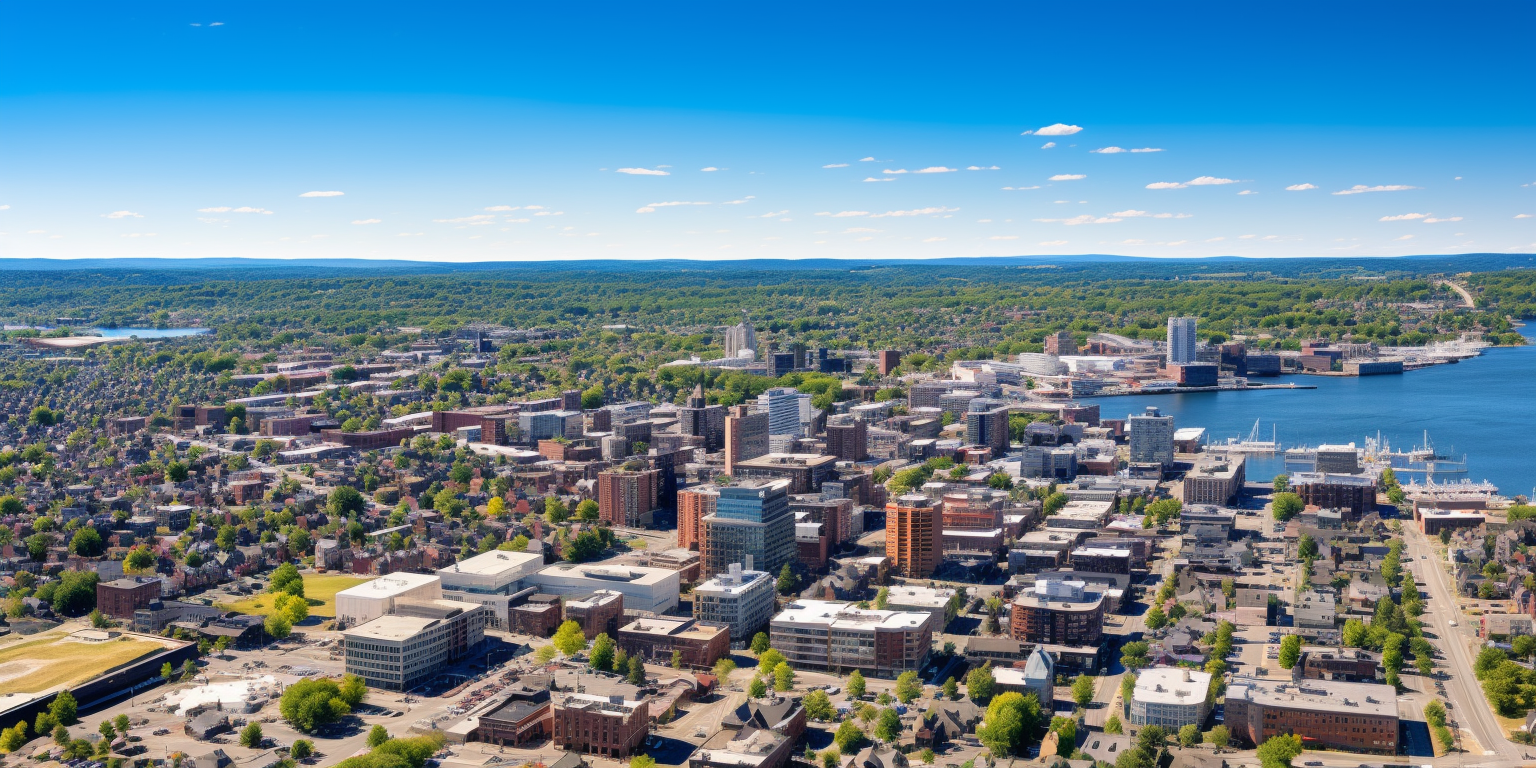It’s tempting to blast off dirt and grime from your car with a pressure washer — after all, it works wonders on your house and driveway. But is it safe? Can power washing damage a car? The answer is yes — if you’re not careful.
Why Pressure Can Be a Problem
Modern vehicles have delicate finishes, seals, sensors, and trim that aren’t built to handle high-pressure water. Using too much force, or aiming too closely, can cause:
- Paint damage or chipping
- Dents in body panels
- Cracked trim or emblems
- Water intrusion into sensitive electrical areas
The risk isn’t from washing your car — it’s from using too much pressure or the wrong tools.
Factors That Matter
- PSI Settings: Anything over 1,900 PSI is generally too much for car paint. A garden hose with a spray nozzle is usually safer.
- Nozzle Distance: Keep the tip at least 2–3 feet away to avoid stripping paint or damaging seals.
- Spray Angle: Avoid spraying directly into seams, wheel wells, or under the hood.
- Soap & Water Type: Use auto-safe soaps and avoid hot water pressure washers, which can soften or loosen finishes.
Leave the Power Washing to the Pros
While a light-pressure rinse from a distance can help loosen dirt, true power washing should be avoided for vehicles. Professional detailers use low-pressure foam cannons, hand washing, and specialized tools designed for cars. If your vehicle is heavily soiled, let a pro handle it — your paint job will thank you.








